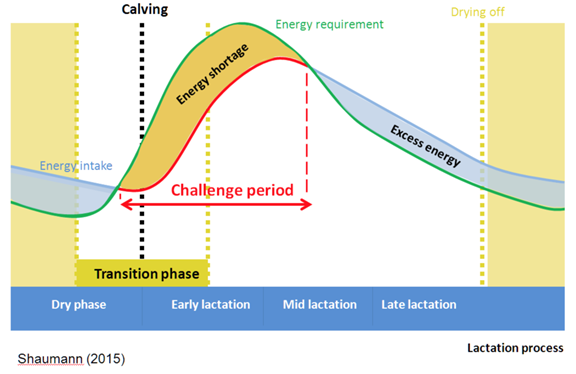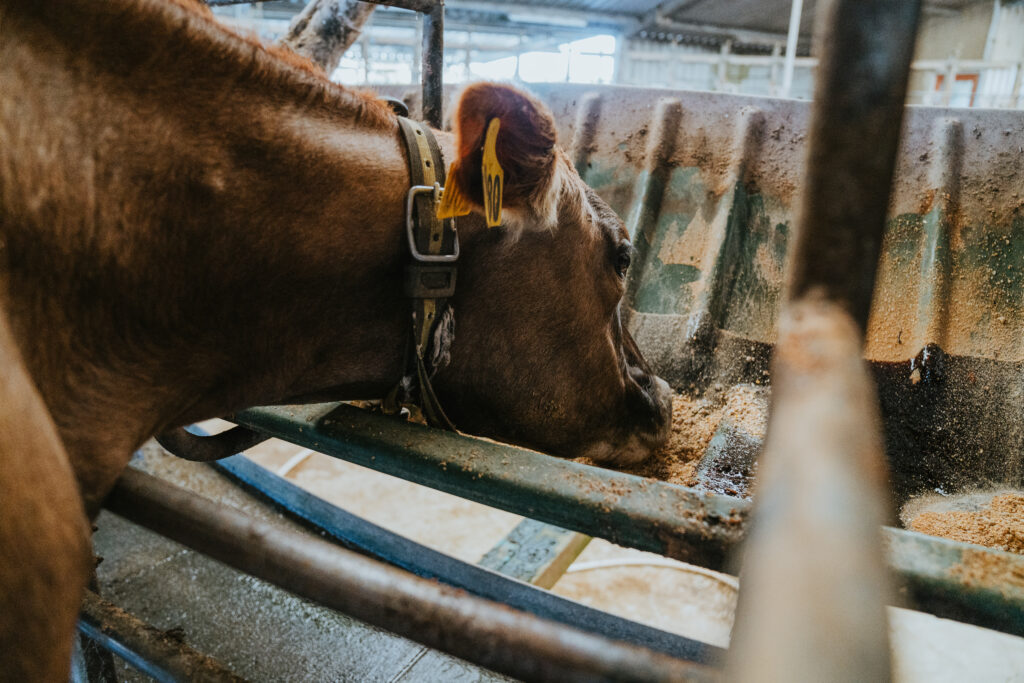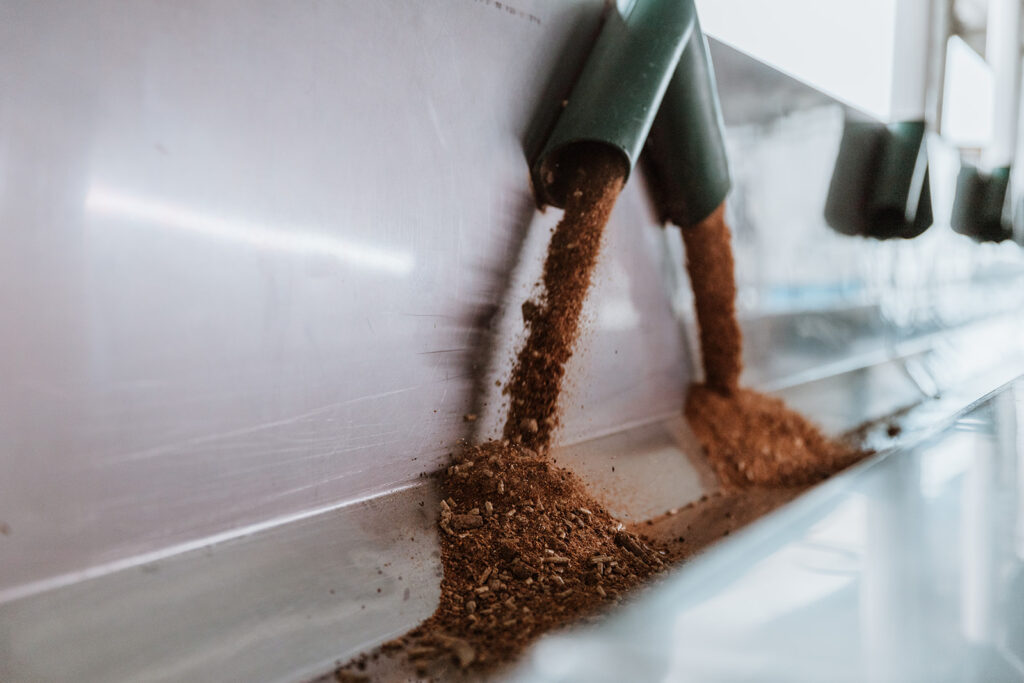Each stage of lactation provides its unique challenges when it comes to feeding cows. This is quite evident in the first 3 months of lactation, referred to as the early lactation period.
This period is crucial when it comes to setting the pace for the entire season. If cows aren’t supported well during this period, it will not only affect their production for the rest of the season but also mating and their health.
“This is also the time when we want to ensure that we provide the rumen microbes with all the nutrients they need and to make sure we provide them with a healthy environment. After all, the rumen microbes are the ones who will be converting the pasture into milk, and therefore making sure that they are running at optimum is crucial,” explains GrainCorp Technical Feed Partner, Christian Muller.
“To achieve this, it is important to provide the rumen bugs with good fermentable energy (starch & sugar) and rumen degradable protein. This will ensure we stoke a hot fire in the rumen that will be able to efficiently utilise and convert the pasture into milk.”
Negative Energy Balance

Negative energy balance (NEB) in dairy cows occurs when their energy output exceeds their energy intake.
Christian says, “This is particularly common during early lactation when milk production peaks, but their dry matter intake (DMI) has not yet reached its maximum ‘Challenge Period’. To make up for this nutrient deficit, a cow will mobilize body fat to meet her nutrient requirements.”
“Even though we won’t ever meet a cow’s nutrient requirements through the diet alone during this challenging period, it is crucial that we try and meet her nutrient requirements as best possible during this period to reduce the amount of Body Condition that is mobilized.”
What are some consequences of mobilizing too much body condition?
- Reduced milk production and lower peak production
- Increased risk of ketosis and fatty liver – Fatty liver also causes decreased functionality of the liver due to excess fat blocking parts of the liver used to convert compounds from the rumen into energy the cow can use. Therefore, decreasing the energy supply to the cow even more
- Compromised immune function which means that cows are more susceptible to infections such as mastitis and metritis.
- Reduced reproductive performance – low energy supply and compounds produced from the mobilization of body fat affect the development of the follicle as well as negatively affect uterine repair and inhibit embryo development. DairyNZ recommends no more than 1.0 BCS loss for the herd between calving and mating.
What are some strategies you can leverage to ensure a smooth early lactation?
Maximize Dry Matter Intake
- Provide high-quality palatable feeds such as molasses and Maize DDGS. Ensure that the cow’s protein requirements are met as protein is one of the drivers of feed intake.
- Provide cows with enough feed and pasture
Increase the nutrient density of the diet
- Given the delay in feed intake and the increased energy requirements during early lactation, it is important to provide a cow with an energy-dense diet to reduce body condition loss.A target energy density of 11.5 to 12.0 MJ ME/kgDM is desirable.
- Bypass fats are another great strategy to assist the cow in not only improving production during this period but also assisting in achieving reproduction goals.
Maintain a healthy rumen
- Maintain sufficient fibre to support rumen function and prevent acidosis. This can be achieved through feeding some hay or straw in the diet. It not only keeps the rumen environment healthy but also improves total diet digestibility
- Supplement with yeast to promote rumen microbial health.
- Levucell® SC (live yeast) has been shown to improve feed efficiency, improve immune function, and improve overall rumen health by reducing the risk of rumen acidosis.
Monitor and Adjust
- Keeping an eye on your milk production and milk components will assist you in evaluating the effectiveness of your early lactation feeding program.
- Through our Tracker® milk monitoring tool, your local GrainCorp Regional Feed Partner/Technical Feed Partner can assist you with this.
Disclaimer
The information, advice, and recommendations provided by GrainCorp Animal Nutrition New Zealand are intended to be general in nature and are provided for informational purposes only. As such, GrainCorp makes no warranties, expressed or implied, regarding the completeness, accuracy, or applicability of any information, advice, or recommendations provided. Please always seek advice from your nutritionist or veterinarian if you are unsure this is relevant to your situation.



